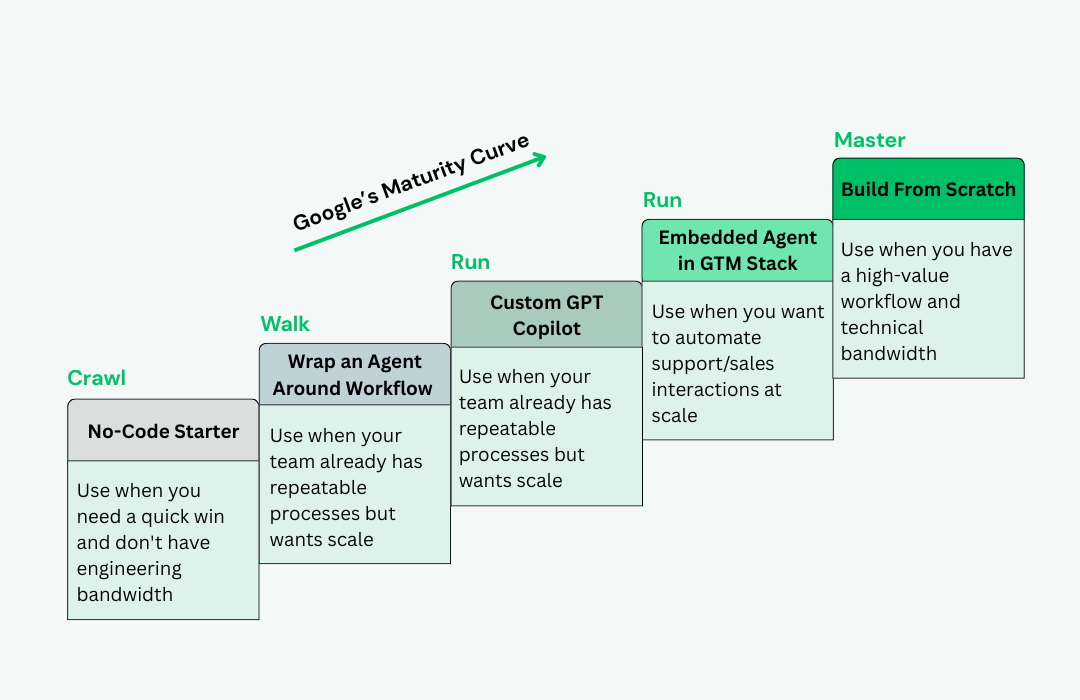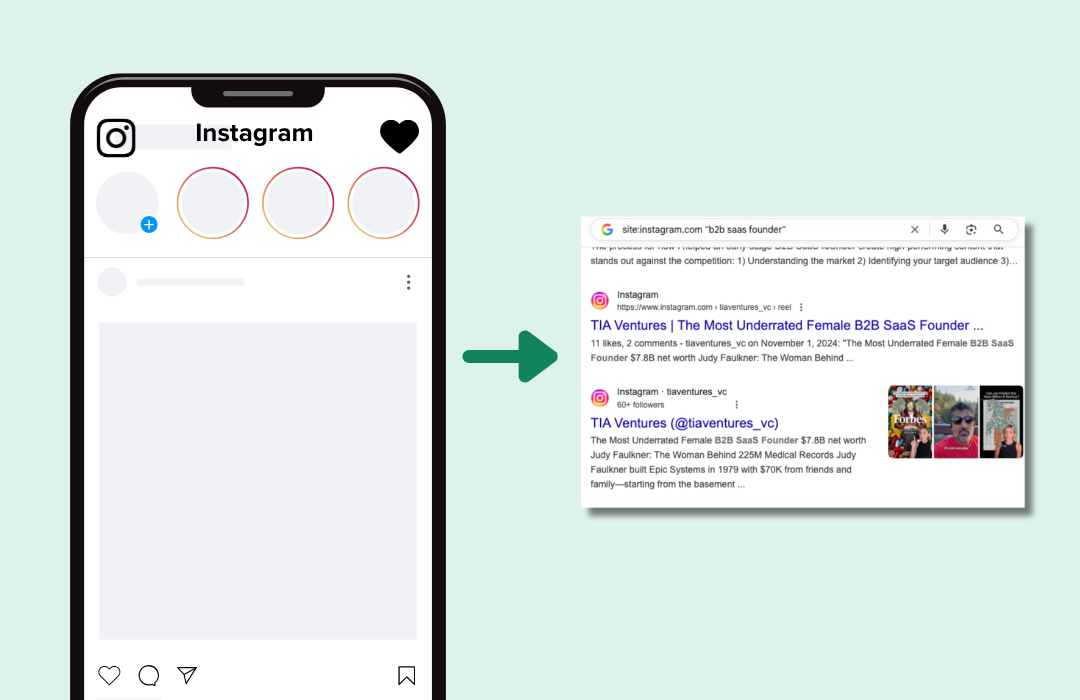Why successful sales people walk away
When you’re young and new to sales, there’s a strong compulsion to chase after every opportunity that comes your way. It’s not surprising, just getting prospects to engage at all has become so hard!
So, when you get someone to actually talk and you spot a possible opportunity, you’re onto it all guns blazing! There’s a sort of die hard, “I’m a sales guy/gal, I’m relentless, I never give up” type mentality that sets in.
It’s a hard thing to do and requires confidence and maturity but a characteristic of every successful sales professional is they know when to walk away from an opportunity when certain red flags appear.
Here are 6 of the most important reasons to walk away from a deal…
Reason One
You only have one contact in the account and this person won’t let you speak to anyone else.
You’ve ended up being trapped by the gatekeeper. This is usually a person with the responsibility for procuring a product or service on behalf of others within the organization but they don’t actually own the business problem themselves.
This makes it hard if not impossible to sell on the basis of value. Their job is usually to get the best possible price for a solution that meets a minimum specification. He or she doesn’t want you to talk directly to line of business managers as that would allow you to position the strengths and advantages of what you offer, and why it’s worth paying more.
If you can’t find a way to speak to a least one person who actually experiences the pain or would see the gain from addressing the issue in question, then walk away.
Reason Two
A competitor has obviously written (or helped to write) the RRP / specification.
There are always tell-tale signs when one of your competitors has helped write the specification. You’ll find requirements written in a way that makes it very hard for most vendors to meet – with the exception of the competitor of course!
If the buyer is this far along their buying cycle, you’ve missed the opportunity to influence their thinking, and winning the deal is going to be a long shot. Many software and hi tech equipment manufacturers have a no bid policy for ‘blue bird’ RFIs and RFPs (i.e. the opportunities that sales people only find out about when the RFI / RFP arrives in the mail).
Reason Three
A customer already has a product or service similar to yours and you can’t identify a compelling reason for them to change.
You’ll come across some people in business who will engage and talk and talk for hours and hours – because they have a particular interest in a given area or they want to find out what’s available in the market. As sales people, we like talking to people who like talking to us! Unfortunately, this type of ‘buyer’ can be a huge time sponge.
The key here is to get them to identify a clear and compelling reason to change to your solution from what they have now. Then you have to get them to sponsor you to another decision maker or senior influencer to test this reason out with them. If you can’t do both these things you have to politely disengage.
RELATED: 5 Psychology Tips From An FBI Hostage Negotiator That Will Make You Sell Better
Reason Four
There’s no budget allocated for the project and you haven’t been able to identify a business challenge your solution addresses, with sufficient upside.
Just because there’s no budget currently allocated doesn’t mean you walk away from the opportunity. Some of the most profitable sales come from situations where initially the customer hasn’t fully recognized and quantified the business challenge they face and don’t yet have a budget allocated for a solution.
You have to get to the senior people in the organization who own the business issue and work with them to put a number on what it would mean to solve the problem or take advantage of the opportunity. However, if that number turns out to be too small to make the business case, then there is no opportunity for you.
Reason Five
The opportunity is too small to warrant the sales effort.
As sales people we are hard-wired to go after any opportunity where it looks like there’s an easy deal to be done. We forget there are only 16 working hours in a day (only joking) and we have to focus on the deals that are big enough to get us to quota and beyond.
No matter how low hanging the fruit appears to be, all sales that require a sales person to close them will take time to take through the sales process – especially when it’s a new account. You have to ask yourself, is the margin on the deal worth the time and effort?
Reason Six
Your product or solution is a poor fit for the customer’s requirements and will require extensive customization or development effort just for this account.
We’ve all heard stories of the sales person who used PowerPoint to add a new field or button to a screen grab of a software product, to indicate that a certain feature is available!
Usually, of course, the promise to develop new functionality to win a large deal is made with the full knowledge and support of senior management. As sales people, we could take the view that if we can persuade management to go along with this then we’ll get the deal done and the commission in our bank account!
However, projects sold on the basis of huge one-off development work are rarely delivered successfully and often turn into a financial black hole. If we’re interested in building profitable, long-term customer relationships that deliver ongoing commission for us, we have to resist the temptation to sell what we don’t yet have! We can either persuade the customer that what we offer is so valuable they can do without the feature we don’t have, or we can walk away from the deal.







